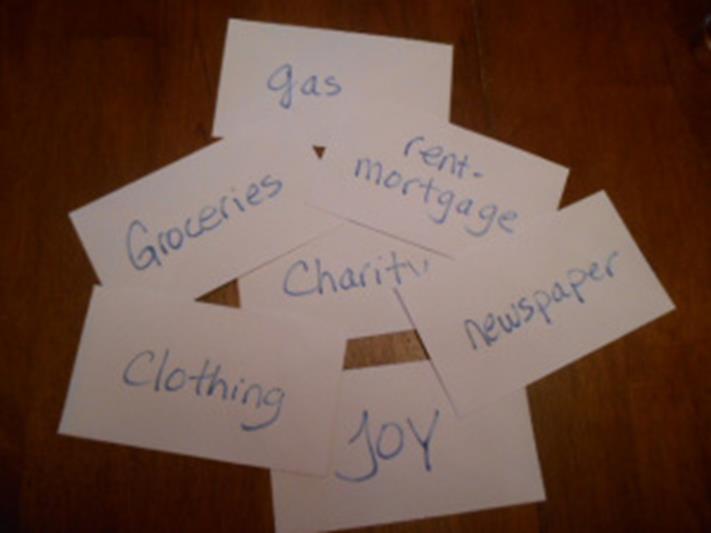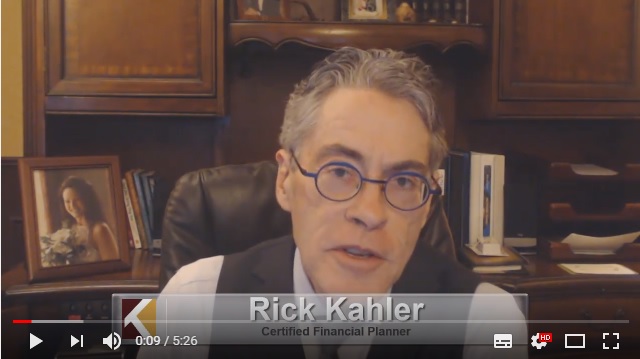Most of economic theory is based on the assumption that we make rational, logical, and beneficial financial decisions. Ha! Most of us make purely emotional (or “socially informed”) decisions about money most of the time, some of which may be beneficial, but most are not.
Why? Some people find the whole topic of money confusing and/or uncomfortable, some are concerned about how their financial actions, decisions or outcomes will be judged by family members, friends and colleagues (humans are judgmental little buggers, especially when it comes to money) and most of us can’t be sureif/when people are telling us the truth, or even if we’re telling ourselves the truth. This makes it difficult to make a rational decision, so instead we either make an emotional one… or procrastinate.
I’ve been studying the concept of a Personal Financial Policy, especially from Dave Yeske, DBA, CFP® and Elissa Buie, CFP®’s article in the “Journal of Financial Planning” about decision architecture. Creating a PFP is a way of understanding yourself and what’s important to you so that you can make good decisions with your money ― no matter how emotional you may be at any given moment ― that reflect who you are and what’s important to you.
The “I HATE Budgeting (But I Like Having Money)” support group met a few weeks ago to discuss this concept so I’d like to share some of the insights from that meeting.
A Personal Financial Policy (PFP) can be a budget, but it can be much more. I feel that one of the major aspects of your policy should be how and why you spend and save your money on a day-to-day basis.
According to Yeske & Buie, “The dual characteristics of a good policy require that it must be broad enough to encompass any novel event that might arise, while being specific enough so that we are never in doubt as to what actions to take.”
Your policy could include as many or as few categories as are beneficial, such as how much you’re willing to spend on pet emergencies, how much you can stock up on a favorite shampoo that’s on sale, how many birthday parties your child will attend in a given year, how much you will give to various charities each year, etc. When it’s your “policy” to act a certain way with regards to your money, you can experience the emotions without being led by them.
A PFP can also guide you when a major financial event (positive or negative) happens; like receiving a windfall or losing your job.
For example, if you should you receive a large amount of money (lottery, inheritance, settlement), having a personal financial policy in place before such an event can help you decide how you would use money (i.e. % or $ how much to give to family/friends, spend on fun/extravagant/once-in-a-lifetime things, how much to save, pay off debt etc.).
When you’re aware of how much you need to live and have agreed to a personal policy to budget and save, you’re more likely to have saved up a cushion in the event of a job loss or major expense so that you can afford (emotionally as well as financially) to be less stressed, should your employment change.
What do you think, can a PFP be helpful to you?
If you’d like to this explore more, I invite you to schedule a complimentary initial consultation at http://www.lauberfinancialplanning.com under the “Let’s Talk” tab.
Want to learn more about your emotional financial decisions or those of your spouse? Read the book The Money Code.
One of the supporrt group members shared with us the brain child of a Google Engineer, a leadership program called Search Inside Yourself (siyli.org) which helps you develop mindfulness, purpose and balance; all key strengths as we lead our own lives.
Be well!
Amy Jo
The above blog is by Amy Jo Lauber originally published on her blog page.
About the author: My mission: I help people make good financial decisions with confidence. My purpose: I help people find peace with money. As President of Lauber Financial Planning, I provide financial advice, guidance and coaching on a fee only basis (no products, no commissions). I run a monthly support group called “I HATE Budgeting (But I Like Having Money)”, offer classes and seminars, speak around the world on the psychological, sociological, spiritual and emotional aspects of personal finance, and am the author of the ground-breaking book, “Living Inspired and Financially Empowered: Aligning Our Spiritual and Material Lives.”







0 Comments